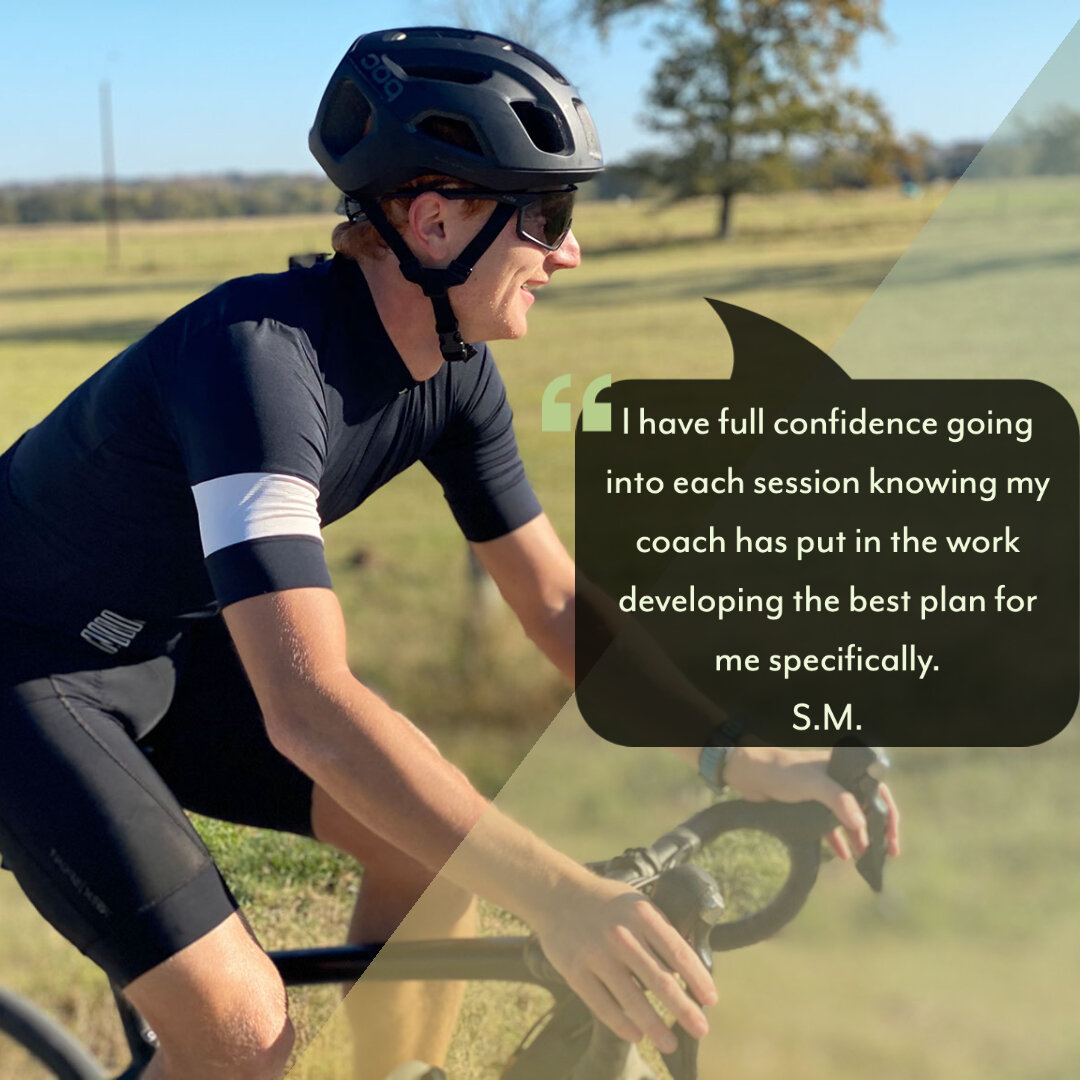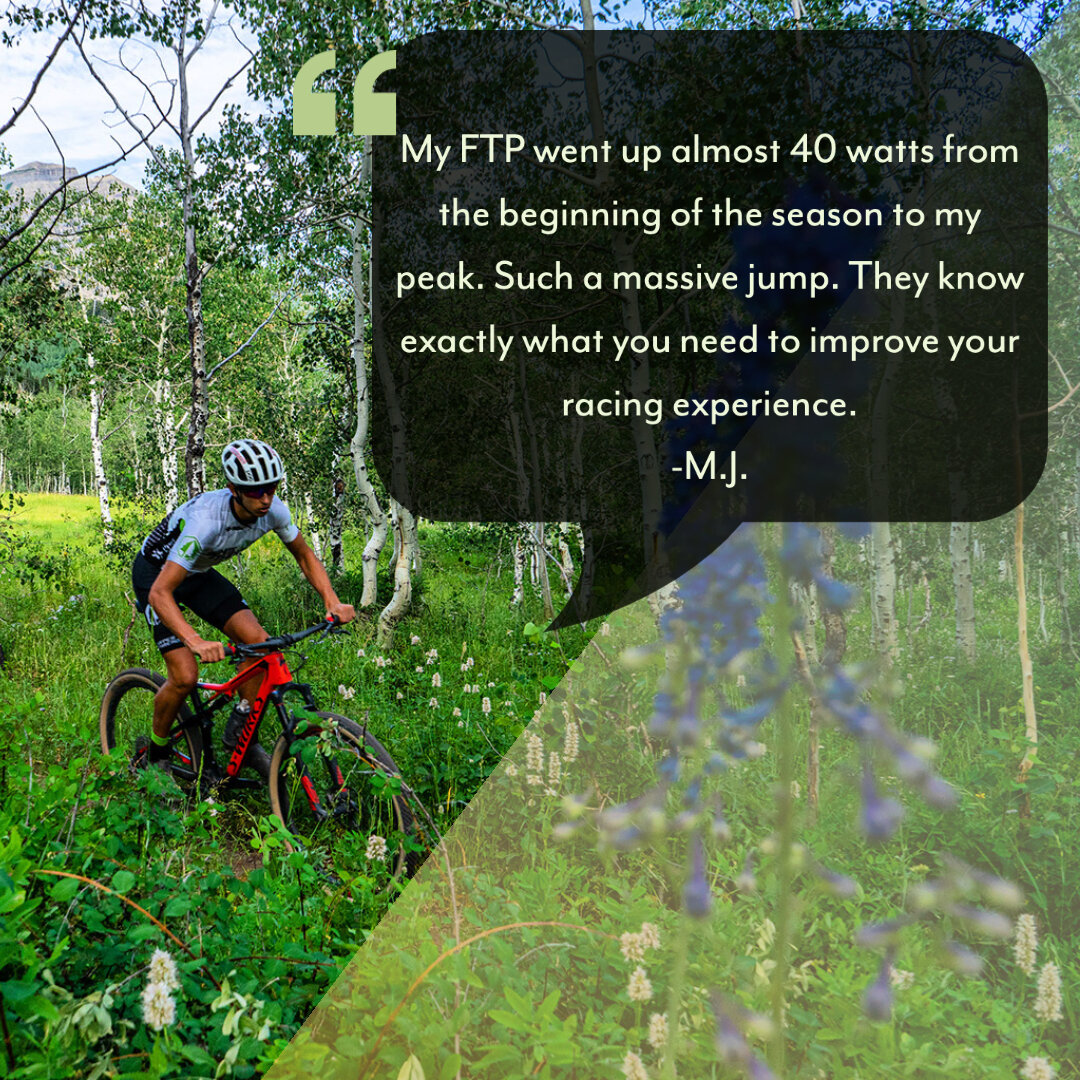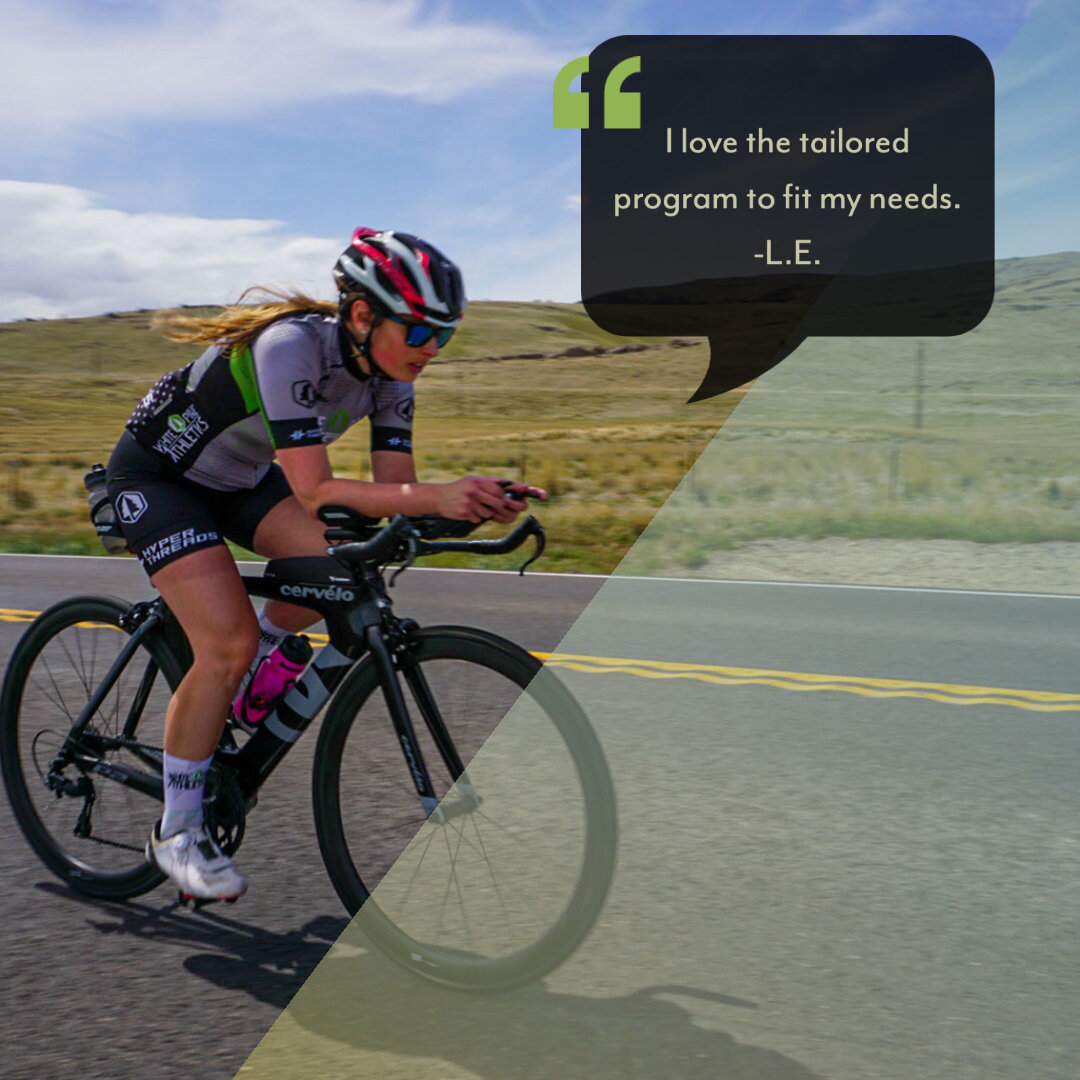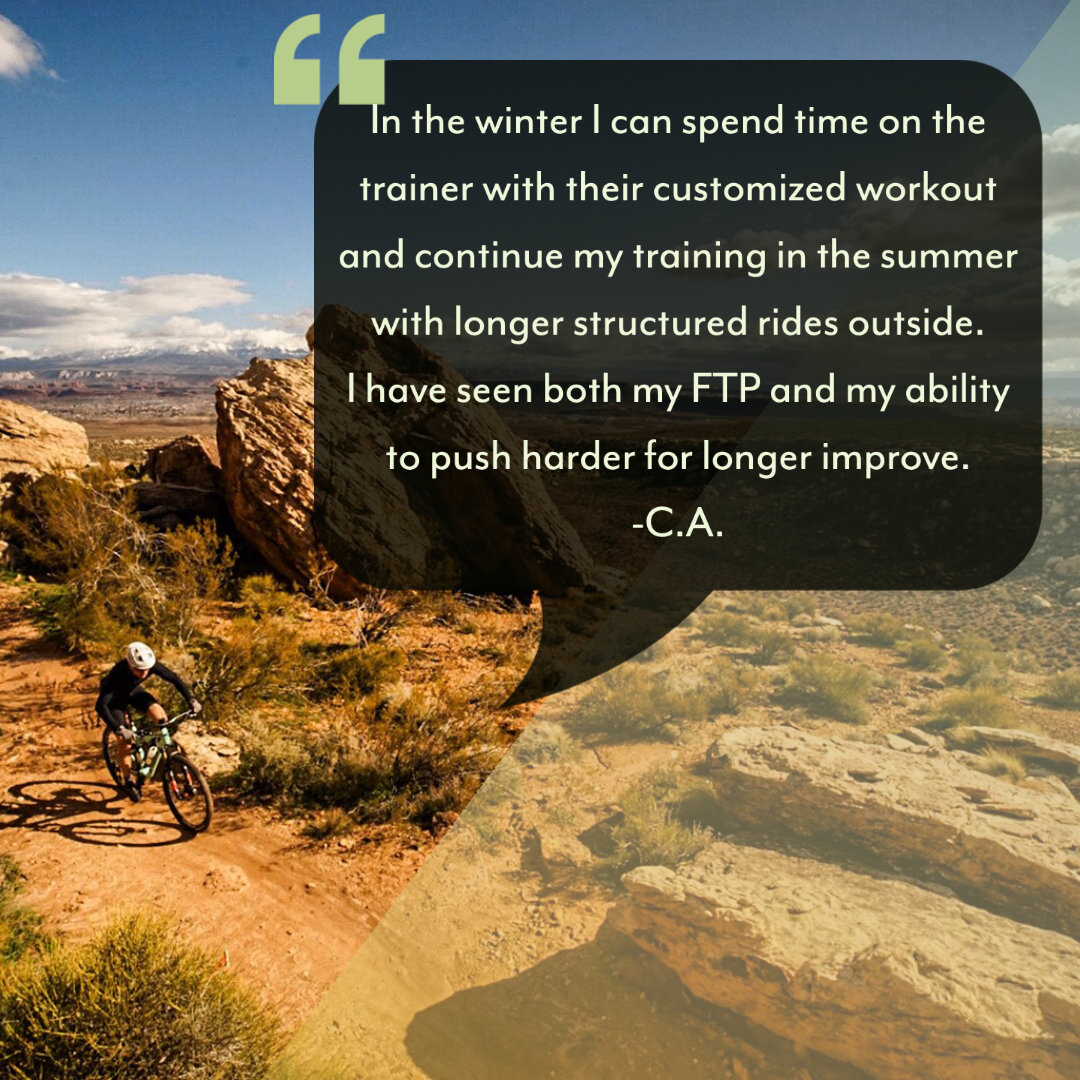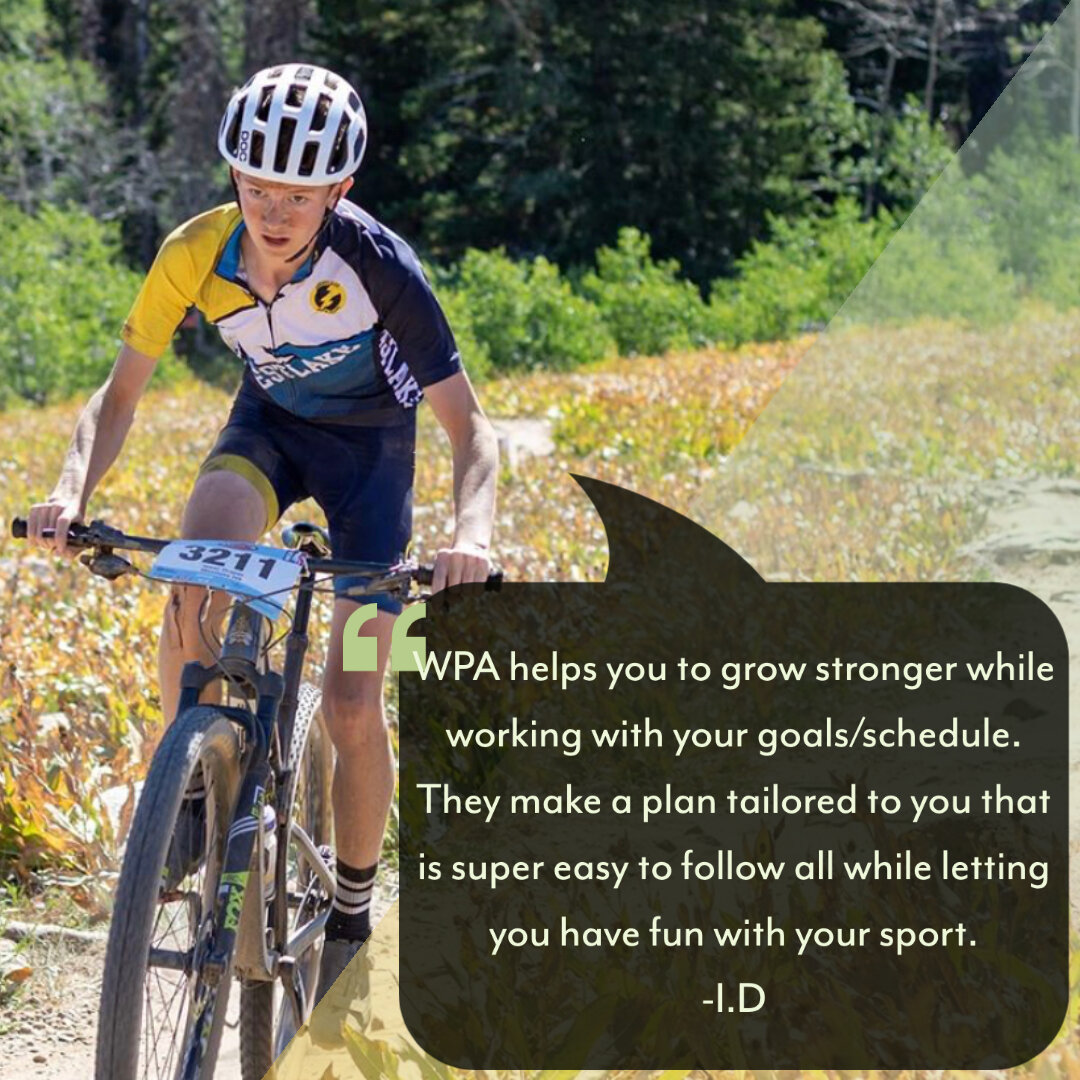24 hours, 1,440 minutes, 86,400 seconds:
Those numbers make up a single day, and every one of us have to work within the confines of those limitations. So how is it that some people seem unphased by time? We have all seen those athletes that seem to balance training, work, family and everything else thrown at them with ease. The most common concerns I have heard from athletes over the years is the need for more time, better mechanisms for managing time, or finding that balance between training and the responsibilities of life.
I’m not going to lie and say that it’s easy for everyone, when in fact this balance comes easier for some than others. It’s true that some athletes have less daily responsibilities than others. But throughout my time as a coach, I have seen lawyers, doctors, students, single mothers and athletes working multiple jobs accomplish amazing things. We are all bound by the same 24 hours, but how we choose to look at that constraint, and what we choose to do with it is what separates successful athletes from the rest of the pack. Below are my 6 tips for time crunched athletes to maximize every one of the 1,440 minutes of the day.
Put It In The Calendar
Perhaps the most effective tool for a time crunched athlete is the use of one central calendar. However, this is only an effective tool if you use it. The best way to plan for your day is to know what is happening, where it’s happening, and when it’s happening. This not only applies to your given tasks throughout the day but also family events. For example, my wife and I have a “family calendar” that syncs with my personal calendar and notifies me if she adds something to it. This avoids the chance of being blind-sided with a commitment you hadn’t planned on, and it also allows you to avoid scheduling workouts over things that you had previously committed to. I strongly recommend adding EVERYTHING to your calendar, “3:30pm: pick kids up from school”, “6:15pm: grocery shopping”, “7:30pm: swim”…everything. Fun fact, you can sync your TrainingPeaks calendar with your 3rd party calendar such as a Google Calendar, Outlook, or iCalendar.
Once everything is in your calendar, you can start to look for holes or gaps where you might be able to optimize training time. You would be amazed at how much time you might have to work with once you start looking at your day with structure. You will also be able to notice potential conflicts ahead of time and work with your coach to optimize your training schedule for the week - for example, if you have an intense bike session at the same time as a child’s dance recital or soccer game, you are more than likely going to miss that workout. Seeing things on the schedule will allow you to plan for the conflict ahead of time, coordinate structured rest days with pre-scheduled commitments, and keep your training on track.
Recruit Help
We live in an interesting time where we are constantly flooded with social media athletes that appear successful in sport, business, and family life. The trouble is that we often see only what others want us to see. We don’t see the struggles behind the scenes. We don’t see the support systems. We are presented with an “ideal image” and expected to achieve success without help from others. This not only sets an impossible standard, but it most definitely leads to a decrease in self-esteem which wreaks havoc on performance and mental health.
Don’t be afraid to ask for help. Build a support system of family, friends and coaches to help you reach your goals. This can take many different forms: can you recruit friends to create a carpool to get kids to/from school? This could free up some time for a workout. Can you hire a landscape company or neighborhood kid to mow the lawn every week? Will your significant other help with meal prepping each weekend? All of these tasks can help to free up a pretty significant amount of time, time that can ultimately be spent training or recovering.
Finally, hiring a coach can take a huge chunk of stress out of your daily life. Working with a coach means that you wake up and follow the plan, rather than adding the countless hours of researching the science and building the plan in addition to executing the plan. The other benefit of formal coaching is that your coach has gone through the years of education, training, certification, and research to ensure that with the limited time you have to train throughout each week, you’re optimizing each training minute to ensure the best adaptation possible.
Maximize Your Rest Day
Rest days are something that a lot of endurance athletes struggle with, and in fact I know a lot of coaches that don’t prescribe rest days. Personally, I think every athlete needs at least one day off each week. A day of complete rest. This is both a physiological need, as well as a mental and emotional need.
Rest days should first and foremost be a day of rest. Limit the physical stress. No easy running, no hiking, no swimming, no riding. Rest. If we spend the other five-six days of the week training, we are subjecting our bodies to a significant amount of stress. Then, add the emotional stress of our personal and work life and you are left with a physically and emotionally beaten body. Our rest day is a day where our body can begin to heal, to repair muscle, and to rebuild our immune system. But in addition to our body’s need for recovery this frees up a significant amount of time to tackle errands, pay bills, grocery shop, meal prep, etc.
Mentally Prepare For Each Day/Week/Session
This seems a little cliché, but endurance training, to me, resembles an iceberg: what we see on the surface is just a small percentage of the whole - so much more lies beneath. The section of ice above the water is what people can see and measure. It’s time on the bike, in the pool, or time spent running. But it’s what’s beneath that that matters. It’s the base of support we build that allows for continued success as an athlete. One thing that is often overlooked in building that base is mental readiness.
Every task we complete throughout the day chips away at our energy, both physically and mentally. If you’re reading this article on “time-crunched athletes”, chances are you’ve got a lot going on. Each of those things adds to your to-do list throughout the day, and sometimes that after-dinner workout feels like another to-do. Recent research has shown that a mentally and emotionally healthy athlete is more likely to consistently perform at a higher level. What does that mean to you? I’ll refer to the last point on maximizing your rest day - maybe throw in a nice dinner with friends, or a soak in the hot tub with a good book. Think about the things that help you recharge on a mental level, not just a physical one.
In recent years, there has been a lot of research into the concept of mental readiness and mental fatigue. In fact, on a side note, I strongly encourage every athlete/coach to read the book Endure by Alex Hutchinson, as it paints a vivid picture on the effectiveness of mental strength and its application to endurance sports. The power of thought was once considered to be taboo, or dismissed as baseless psychology. But over and over, we are seeing proof that athletes who dedicate time to becoming stronger mentally ultimately grow to be more successful in competition and training. Whether you follow a dedicated mental toughness protocol in and out of training, or just sit down at the beginning of each day, each week, or each training session and take a few minutes to relax and prepare for the stresses to come, mental preparation can help to limit the physical and emotional toll of a heavy training (and life) load.
It’s OK To Nap
This might be the hardest tip to convince an athlete to invest in, but over and over research has proven that a short nap can have significant benefits to athletes. According to the National Sleep Foundation (https://www.sleepfoundation.org/articles/napping) 85% of mammals are polyphasic sleepers, meaning they sleep for short durations throughout the day. Humans, however fit into the monophasic category, divided into two distinct periods, sleep and wakefulness. If you are going to adopt a daily siesta, The National Sleep Foundation recommends 20-30 minutes for a short-term increase in alertness. This type of nap provides significant benefit for improved alertness and performance without leaving you feeling groggy or interfering with nighttime sleep. Furthermore in 2003 the Gatorade Sports Science Institute completed a study that found that napping in elite athletes could lead to performance increases and help to recover from sleep deficits. It has also been suggested that naps lead to an increase in mood/emotional wellbeing, which in turn leads to greater productivity during training. So, when planning out your day, if you see a free 20-30 minute block of time you might want to consider penciling in a quick and guilt-free power nap. Coach’s recommendation.
Be OK With a Missed Session
Finally, you can employ all the time management tips in the world, but life will still throw curve balls. Your day can be perfectly planned to maximize training time, but it’s important to remember that there are things that are not within your control. At some point, something will happen that will throw a wrench in your plan. Maybe a flat tire driving home from work, a sick kid, a family emergency, that pesky springtime cold/flu, etc. It’s foolish to think that you are going to be able to follow the plan 100%, and if you believe that you are just setting yourself up for disappointment. Be flexible. Know that sometimes you are going to miss a training session here or there, and that it’s ok. I promise your coach will understand. The performance hit will be very minimal as long as you aren’t setting a trend by missing multiple sessions each week. And if you notice that you are setting a trend, such as finding that you tend to miss Monday sessions more often, then speak to your coach - maybe Monday’s become your new rest day. Training should strike a balance between being structured and flexible, and a good coach will work with you to fine tune that balance. Nothing is written in stone.
If you would like to learn more about what a structured program with White Pine Athletics could offer, please view our training information/pricing here. If you have additional questions we can help you with, please reach out to info@whitepineathletics.com to schedule a consultation.


